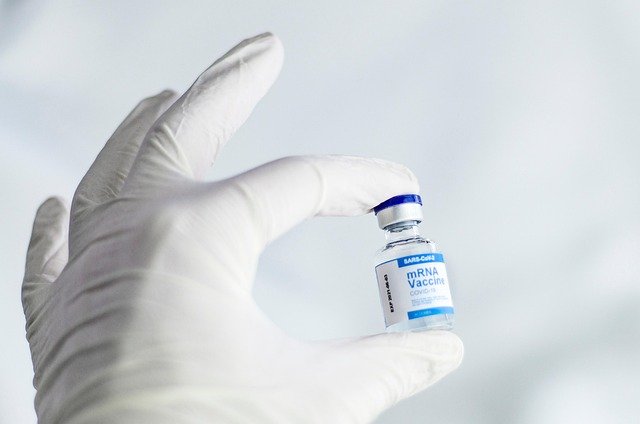Stomach Cancer: Warning Signs and Taking Control of Your Health
Understanding the warning signs of stomach cancer can empower you to make informed decisions about your health. Early detection is crucial—learn what symptoms to watch for and how to take proactive steps to protect yourself.Stomach cancer, also known as gastric cancer, occurs when cells in the stomach grow uncontrollably. While it’s not as common as other cancers, it remains a significant health concern globally.

What Is Stomach Cancer?
Stomach cancer, also known as gastric cancer, develops when abnormal cells grow uncontrollably in the stomach lining. This type of cancer can begin in any part of the stomach and may spread to other organs if left untreated. While the incidence of stomach cancer has decreased in recent years, it remains a significant global health concern that requires careful attention and understanding.
Recognizing Early Warning Signs
Early-stage stomach cancer often presents with subtle symptoms that can be easily overlooked. Common warning signs include persistent indigestion, unexplained weight loss, difficulty swallowing, and feeling unusually full after small meals. Some patients may experience stomach pain, nausea, or heartburn that doesn’t improve with standard treatments. It’s important to note that these symptoms can be similar to less serious conditions, making professional medical evaluation critical.
When to See a Doctor
Medical experts recommend scheduling a consultation if warning signs persist for more than two weeks or become progressively worse. Individuals should be particularly vigilant if they experience:
-
Persistent stomach pain
-
Unexplained weight loss
-
Blood in stool
-
Chronic fatigue
-
Difficulty eating or swallowing
Risk Factors and Prevention
Several factors can increase the likelihood of developing stomach cancer. Key risk factors include:
-
Advanced age
-
Family history of stomach cancer
-
Helicobacter pylori infection
-
Chronic gastritis
-
Smoking
-
Poor diet high in processed foods
Prevention strategies include maintaining a healthy diet rich in fruits and vegetables, avoiding tobacco, limiting alcohol consumption, and addressing underlying health conditions that may increase risk.
Treatment and Support Options
Stomach cancer treatment depends on the cancer’s stage, location, and individual patient factors. Common treatment approaches include:
-
Surgical removal of tumors
-
Chemotherapy
-
Radiation therapy
-
Targeted therapy
-
Immunotherapy
| Treatment Type | Approach | Potential Effectiveness |
|---|---|---|
| Surgery | Tumor removal | High for early-stage cancer |
| Chemotherapy | Medication-based | Moderate to high |
| Radiation | Targeted radiation | Supplementary treatment |
| Immunotherapy | Immune system enhancement | Emerging promising option |
Prices, rates, or cost estimates mentioned in this article are based on the latest available information but may change over time. Independent research is advised before making financial decisions.
Support and Recovery
A comprehensive approach to stomach cancer treatment involves not just medical interventions but also emotional and psychological support. Support groups, counseling, and comprehensive care teams can help patients navigate their treatment journey effectively.
This article is for informational purposes only and should not be considered medical advice. Please consult a qualified healthcare professional for personalized guidance and treatment.




